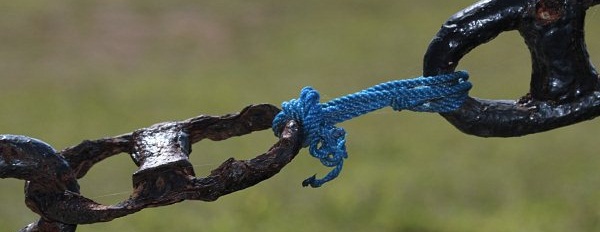If you’re not following the industry, it could have easily passed you by, but in the last month some major changes have been taking place at Google. The result is that some sites will have reduced in ranking. So whats been happening?
Every so often Google makes changes and updates to it’s algorithms. Recently Google did three things:
- Made a mistake with the way it classifies parked domains (April 17th)
- Did a rolling up date of it’s ‘Panda’ algorithm, designed to reduce low quality web pages in the results (April 19th)
- Brought in a new algorithm targeted at reducing the effectiveness of web spam (April 24th)
The effect of these updates and mistakes occurring in close succession has been confusion for many webmasters. However, here at 123SEO we are able to determine that the likely cause for the small number of our clients affected, is the Penguin update, as issues of low quality and duplicate content are dealt with at an early stage of any work we carry out.
So what does the Penguin update do? Originally it was referred to by Matt Cutts (A Google Engineer) as the ‘Web Spam Algorithm Update’, its main function was to reduce rankings of sites using methods that are against Google’s Webmaster Guidelines, in particular manipulative and spammy links. As only a small percentage of 123SEO’s clients were affected by this update it is clear that our own link building practices are unlikely to be the cause, particularly as we maintain a policy of using safe and ethical link building practices. However, it is important for our clients to recognize what constitutes a ‘bad’ link, as this can help identify those which have been acquired prior to working with 123SEO and that jeopardize future ranking.
What Makes A Bad Link
1. Links paid for on sites that exist solely for that purpose
Google is always looking out for paid networks and once it finds them it devalues the links and in some cases applies a penalty to sites liked to.
2. Sitewide footer links
Whilst these sometimes have a legitimate use, they often appear as manipulative or paid.
3. Large amounts of exact match anchor text
Normally links to a site have a variety of anchor text, but as anchor text is a factor in ranking for specific keyword terms it is also commonly manipulated. Google can identify unnatural patterns in anchor text and will devalue the links and/or apply a penalty.
4. Big fluctuations in the number of links
If you go from having 5 to 200 links in the space of a couple of days it can appear unnatural, particularly if they all have the same anchor text and are on the same or related domains.
5. Dodgy Link Profile
Google not only looks at individual links, but your overall link profile. If you have a site with many high quality links and social shares you are unlikely to receive a penalty. If your site only has links from directories and paid links then you can expect your site to lose rank.
Fix & Prevent
It is important to remember that Google can see billions of links and knows what’s normal and what’s not. When they see an unusual pattern they often devalue those links and apply penalties. Using safe and ethical link building practices is the only way to maintain long term high rankings. So if you have been affected by the penguin update, what can you do?
- Ask for links on paid networks to be removed
- Remove any links to bad sites from your pages
- Check webmaster tools for notifications
- Submit a reconsideration request (If you have definitely been penalized)
If you think you’ve been affected, don’t panic, there are a few factors which could be at play and with proper analysis, easily fixed. Here at 123SEO & Dejan SEO we will be getting in touch with any of our clients we believe have been affected by this update.
Talk to us


